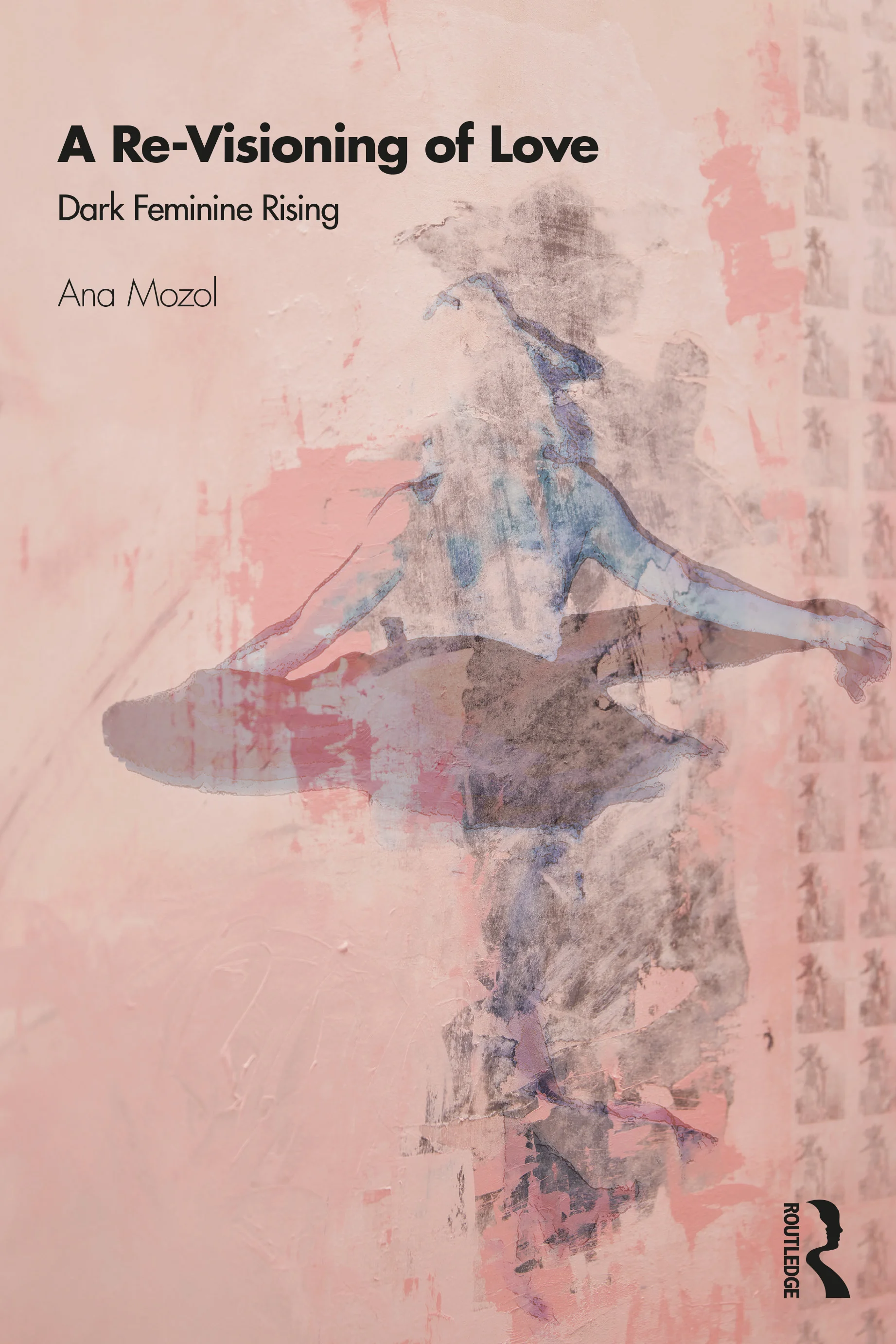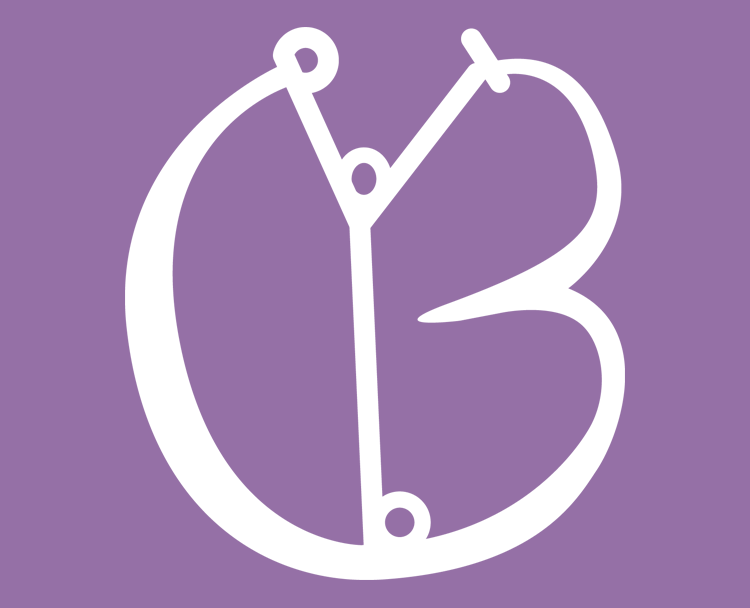REVIEWS
"Brilliant and important." - Marion Woodman
"In this well-written, intense examination of the dark feminine, Ana Mozol sheds light on the often neglected deeper mysteries of the psyche of women. Chronicling her own experience of these mysteries and of the repressive masculine shadow, she also uncovers the archetypes related to the dark feminine. This work would be welcome at any time but is especially timely as women struggle today to free themselves of sexist abuse and [become] open to the secrets of their own nature." - Jeff Raff, Jungian analyst and author of Jung and the Alchemical Imagination and The Wedding of Sophia
"In A Re-Visioning of Love: Dark Feminine Rising, Ana Mozol has gifted us with her own memories, dreams, and reflections, showing how we repeat our suffering, our symptoms, our habitual unconscious ways of responding. Real remembering always calls for a sustained engagement, and an integral part of that is sharing it with others. Ana herself says that this is the book she wished had existed when she entered the field of depth psychology. We do indeed write for ourselves and discover ourselves through the writing. But we are also always writing for our readers, writing out of a conviction that what we have lived has transpersonal, not only, personal, significance, as any reader of this book will immediately discover." — Christine Downing, author of The Goddess: Mythological Images of the Feminine
"Persephone, Demeter, the demon lover, Ereshkigal, Inanna, Ariadne, Dionysus, and Salomé are all summoned by Ana Mozol’s essential book about the repressed, excluded, dangerous, and erotic energies of the dark feminine—she who is necessary for the sacred sexuality of body. A Re-Visioning of Love: Dark Feminine Rising is for everyone who has suffered for love, their friends, therapists, and lovers. It is impossible to write an archetypally nuanced and compassionate book about rape. This is such a book. It says what cannot be said and what society does not want to hear about anger around sex, about surviving, and ultimately about living through the initiations of Persephone and Salomé. It envisions individuation in ways that leave behind Jung’s limitations on his anima and animus theory. Containing a stunning study of Jung’s fascination with archetypal Salomé, the book also reveals the dark feminine as that which has been swallowed by patriarchy to be literalized into the rape culture of today. Mozol stares unflinchingly into the abyss and shows the way to recover the feminine mysteries sorely needed by both women and men." —Susan Rowland, author of Jung: A Feminist Revision and Remembering Dionysus
A Re-Visioning of Love
Dark Feminine Rising, 1st edition
by Ana Mozol
In A Re-Visioning of Love: Dark Feminine Rising, Ana Mozol parts the illusory veils of persona as she explores the reality of feminine experiences relating to love, trauma and sexuality in contemporary Western society. Mozol takes us on a personal journey through the three levels of experience, delving into the underworld and the trauma of rape, the middle world and the illusions of romantic love, and the upper world and the masculine spiritual ideals that fracture the feminine soul.
In this multidisciplinary examination of the feminine, Mozol seeks to understand violence against women intrapsychically, interpersonally and within the field of depth psychology. The book begins with Mozol’s own experiences with violence and her exploration of the demon lover complex and the stages of breaking this complex after trauma. Combining personal testimony, theoretical reflections, historical analysis, and 20 years of clinical experience, Mozol uses a heuristic approach to explore personal stories, clinical material, dreams and depth analysis as they connect to the female individuation process. We follow Mozol’s journey through the middle world and the illusions of romantic love, into the upper world and the complexity of Oscar Wilde’s feminine character Salomé who represents the rising dark feminine energy that must be reckoned with for the possibility of love to exist. Accesible yet powerful, Mozol uses her personal story to place the oppression of women within the Jungian context of individuation.
A Re-Visioning of Love: Dark Feminine Rising will be key reading for academics and students of Jungian and post-Jungian studies, psychotherapy, trauma studies, gender studies, women’s studies and criminology. It will also be an indispensable resource for Jungian psychotherapists and analytical psychologists in practice and in training. A Re-Visioning of Love, however, is more than a psychological exploration; it is a memoir of the personal and archetypal feminine and as such will appeal to anyone interested in the story of many women today.
Ana Mozol



